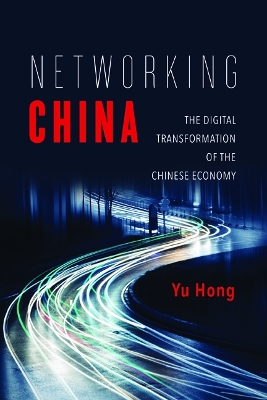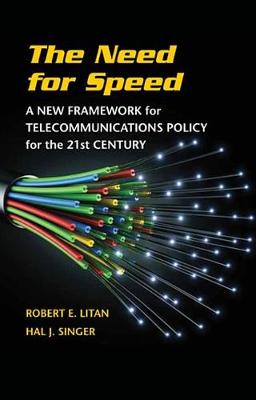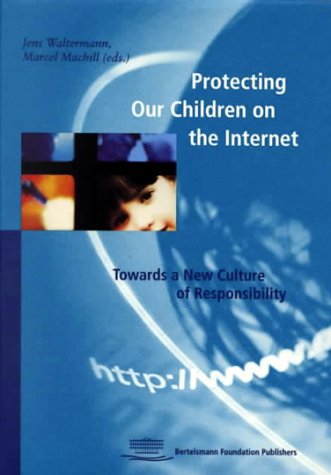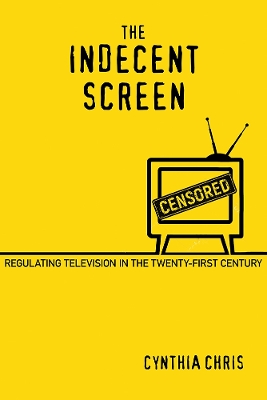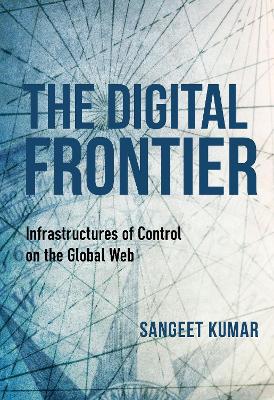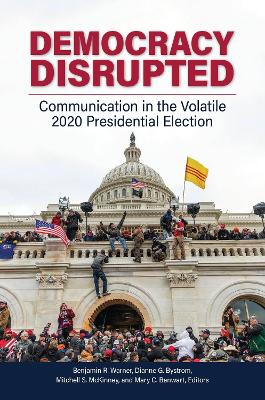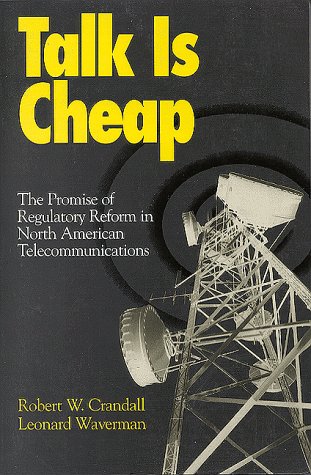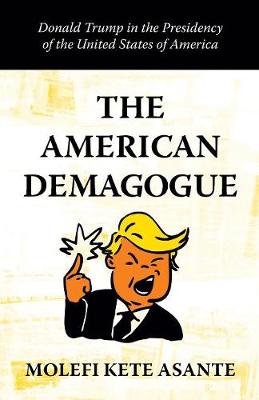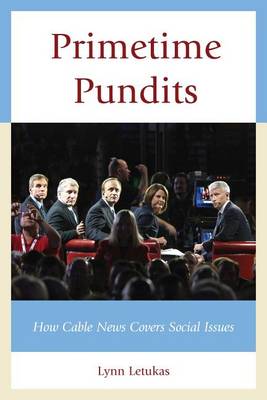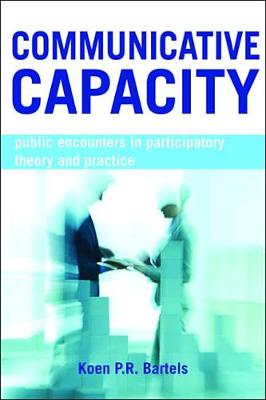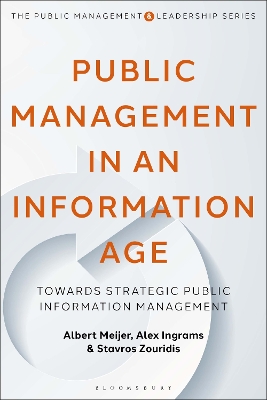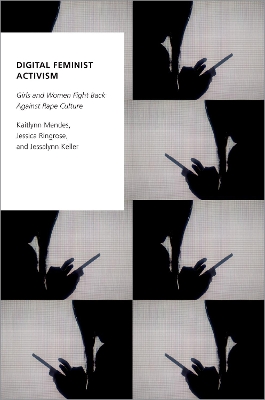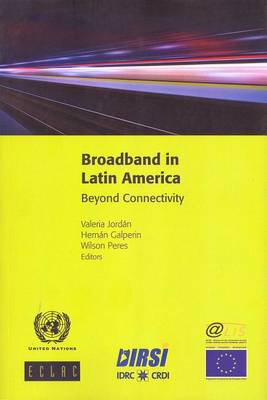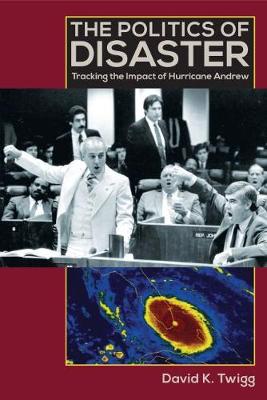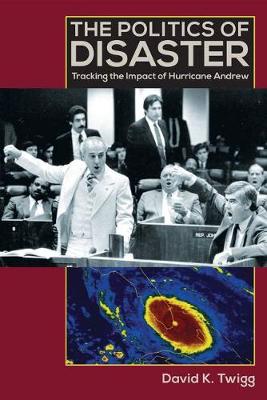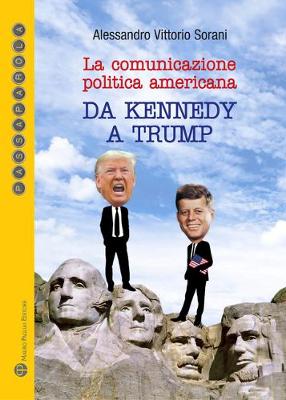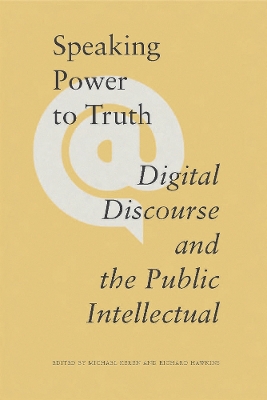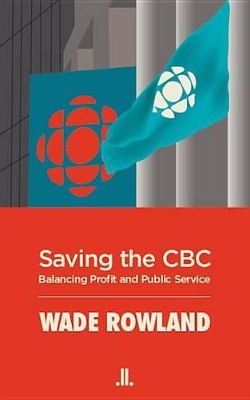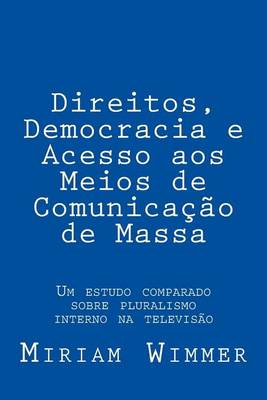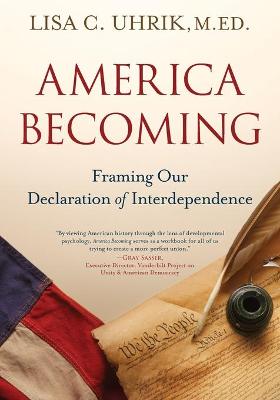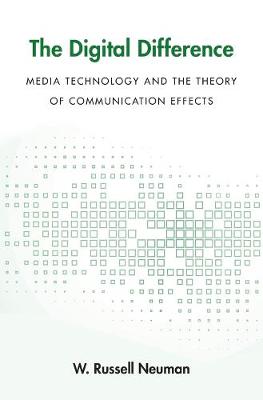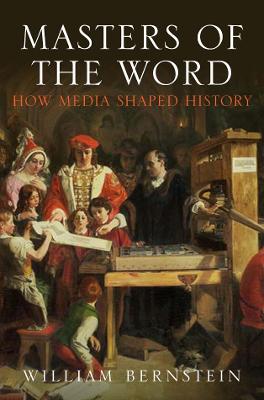In recent years, China 's leaders have taken decisive action to transform information, communications, and technology (ICT) into the nation's next pillar industry. In Networking China , Yu Hong offers an overdue examination of that burgeoning sector's political economy. Hong focuses on how the state, in conjunction with market forces and class interests, is constructing and realigning its digitalized sector. State planners intend to build a more competitive ICT sector by modernizing the network...
The twenty-first-century telecommunications landscape is radically different from the one that prevailed as recently as the last decade of the twentieth century. Robert Litan and Hal Singer argue that given the speed of innovation in this sector, the Federal Communications Commission's outdated policies and rules are inhibiting investment in the telecom industry, specifically in fast broadband networks. This pithy handbook presents the kind of fundamental rethinking needed to bring communication...
The Internet offers many new possibilities in communications, business, and entertainment. At the same time, the cross-cultural flow of data requires new responsibilities for media providers, users, and law enforcement authorities (in the case of criminal content). The Bertelsmann Foundation and renowned experts have developed a set of recommendations to effectively secure responsibility, and to protect children from illegal and harmful content. This self-regulatory system is based on four pilla...
The Indecent Screen explores clashes over indecency in broadcast television among U.S.-based media advocates, television professionals, the Federal Communications Commission, and TV audiences. Cynthia Chris focuses on the decency debates during an approximately twenty-year period since the Telecommunications Act of 1996, which in many ways restructured the media environment. Simultaneously, ever increasing channel capacity, new forms of distribution, and time-shifting (in the form of streaming a...
The global web and its digital ecosystem can be seen as tools of emancipation, communication, and spreading knowledge or as means of control, fueled by capitalism, surveillance, and geopolitics. The Digital Frontier interrogates the world wide web and the digital ecosystem it has spawned to reveal how their conventions, protocols, standards, and algorithmic regulations represent a novel form of global power. Sangeet Kumar shows the operation of this power through the web's "infrastructures of c...
The Turkish President Recep Tayyip Erdogan is known for his populist Islamist ideology, charismatic personality, and for ushering in new forms of communication strategies in Turkey. The key tools in Erdogan's political communication repertoire include religious, cultural and historic symbols and imagery. From engaging Israel to the Gezi Park protests, from the Arab uprisings to the July 2016 coup attempt, every key moment in Turkey's recent history has heralded a change in Erdogan's rhetoric. Co...
Democracy Disrupted
Leading scholars analyze three disruptions in the 2020 presidential campaign and election: disruptions to the status quo caused by the renewed quest for racial justice and greater diversity of candidates; pandemic disruptions to traditional campaigning; and disruptions to democratic norms. Democracy Disrupted documents the most significant features of the 2020 U.S. presidential election through research conducted by leading scholars in political communication. Chapters consider the coinciding o...
The rapid pace of technological change is placing the world's telephone companies in a very difficult position. Fiber optics cables, wireless telephones, digital signal compression, and sophisticated new switching equipment are lowering the cost of providing service and opening the gates to new competition. At the same time, these new technologies are providing the telephone companies with a wide array of new market opportunities. Unfortunately, their status as regulated carriers makes it diffic...
Participatory democracy has become an unshakable norm and its practice is widespread. Nowadays, public professionals and citizens regularly encounter each other in participatory practice to address shared problems. But while the frequency, pace and diversity of their public encounters has increased, communicating in participatory practice remains a challenging, fragile and demanding undertaking that often runs astray. This unique book explores how citizens and public professionals communicate,...
Public Management in an Information Age (The Public Management and Leadership)
by Albert Meijer, Alex Ingrams, and Stavros Zouridis
New information and communication technologies have drastically changed public management. Public managers are increasingly dependent on information gathered form complex systems and they need to be able to put in place sound IT and communication structures. This accessible new text, aimed specifically at those studying and working in public management, offers readers a solid understanding of ICTs and their implications for public management. It offers aspiring and current public managers a fram...
Digital Feminist Activism (Oxford Studies in Digital Politics)
by Kaitlynn Mendes, Jessica Ringrose, and Jessalynn Keller
From sites like Hollaback! and Everyday Sexism, which document instances of street harassment and misogyny, to social media-organized movements and communities like #MeToo and #BeenRapedNeverReported, feminists are using participatory digital media as activist tools to speak, network, and organize against sexism, misogyny, and rape culture. As the first book-length study to examine how girls, women, and some men negotiate rape culture through the use of digital platforms, including blogs, Twitt...
Broadband in Latin America (Libros de la Cepal, #120)
The policy analyses and proposals presented in this book focus on national programmes to foster universal broadband access and the debate on Internet neutrality. The study of the current trends highlights the progress of cloud computing and the new developments induced by the entrance of over-the-top operators in the Latin American and Caribbean region. This book underscores the need to expand regional and national Internet traffic exchange points (IXPs) and the relevance of the increasing deman...
From earthquakes to tornados, elected officials' responses to natural disasters can leave an indelible mark on their political careers. In the midst of the 1992 primary season, Hurricane Andrew overwhelmed South Florida, requiring local, state, and federal emergency responses. The work of many politicians in the storm's immediate aftermath led to a curious ""incumbency advantage"" in the general election a few weeks later, raising the question of just how much the disaster provided opportunities...
La Comunicazione Politica Americana (Passaparola)
by Alessandro Vittorio Sorani
Online discourse has created a new media environment forcontributions to public life, one that challenges the socialsignificance of the role of public intellectuals-intellectualswho, whether by choice or by circumstance, offer commentary on issuesof the day. The value of such commentary is rooted in the assumptionthat, by virtue of their training and experience, intellectuals possessknowledge-that they understand what constitutes knowledge withrespect to a particular topic, are able to distingui...
"Asked to name the institutions that best define this country, most Canadians place our public broadcaster somewhere high on the list. But there is a very real danger that the CBC will not survive beyond the next two years in any recognizable form. Decades of budget cuts have left it dangerously weakened, and now a massive loss of television advertising revenue is predicted with the loss of NHL hockey rights to private broadcasters. Saving the CBC looks back at the history of the public broadcas...
Direitos, Democracia E Acesso Aos Meios de Comunicacao de Massa
by Miriam Wimmer
The Digital Difference examines how the transition from the industrial-era media of one-way publishing and broadcasting to the two-way digital era of online search and social media has affected the dynamics of public life.In the digital age, fundamental beliefs about privacy and identity are subject to change, as is the formal legal basis of freedom of expression. Will it be possible to maintain a vibrant and open marketplace of ideas? In W. Russell Neuman's analysis, the marketplace metaphor do...
In Masters of the Word, Bernstein chronicles the development of the technology of human communication, or media, starting with the birth of writing thousands of years ago in Mesopotamia. In Sumer, and then Egypt, this revolutionary tool allowed rulers to extend their control far and wide, giving rise to the world's first empires. When Phoenician traders took their alphabet to Greece, literacy's first boom led to the birth of drama and democracy. In Rome, it helped spell the downfall of Empire....
Politics and Web 2.0: The Participation Gap (Vernon Series in Politics)
